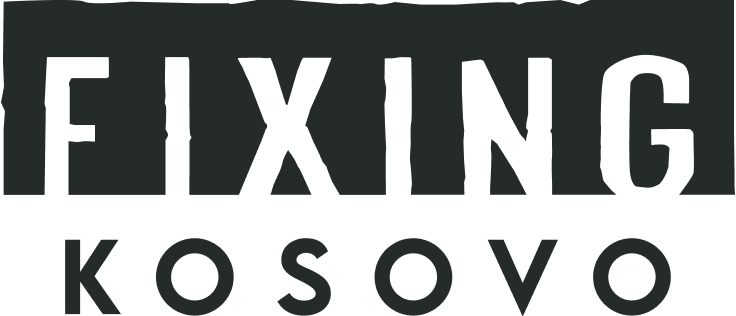
Social and political divisions in Kosovo and the entire Balkan region are deepening, as the global prospects seem increasingly uncertain and unsafe.
At the same time, misinformation and disinformation flood the media landscape, distorting public perception and undermining trust in journalism. Reporting on Kosovo, already a place of great historical, political, and social complexity, has become even more challenging – and more important than ever.
Media narratives about Kosovo are often oversimplified, reducing a diverse and multifaceted society to a list of stereotypes.
Stories of conflict, division, and instability dominate headlines, overshadowing the everyday lives, struggles, and resilience of its people. These reductive portrayals fail to capture the full reality of Kosovo’s communities, reinforcing external biases and ignoring local perspectives. The persistence of such narratives creates a highly distorted understanding of the region, both regionally and internationally.
Ethics is widely recognized as a cornerstone of journalism, yet it is rarely discussed in the context of fixing.
The critical role that fixers play in shaping stories demands the same ethical standards expected in other parts of the journalistic process. The lack of attention to ethics in fixing leaves gaps in accountability, fairness, and respect for the people and communities involved, and reflects on the quality of reporting.
The position of fixers does not reflect the importance they have for quality journalism.
They are the ones who provide essential local expertise, open doors to key networks, and offer invaluable cultural and contextual insight. Yet their contributions remain undervalued, and they are often excluded from the recognition and credit they deserve. The risks fixers face are also disproportionate – while international journalists leave after a story is filed, they stay behind, sometimes facing personal or professional consequences for their involvement.
Independent journalism is under threat globally, and Kosovo is no exception.
In an environment where media are increasingly polarized, the sustainability of independent journalism is one of the greatest and most important challenges. Without it, only the voices of those with power will remain.

